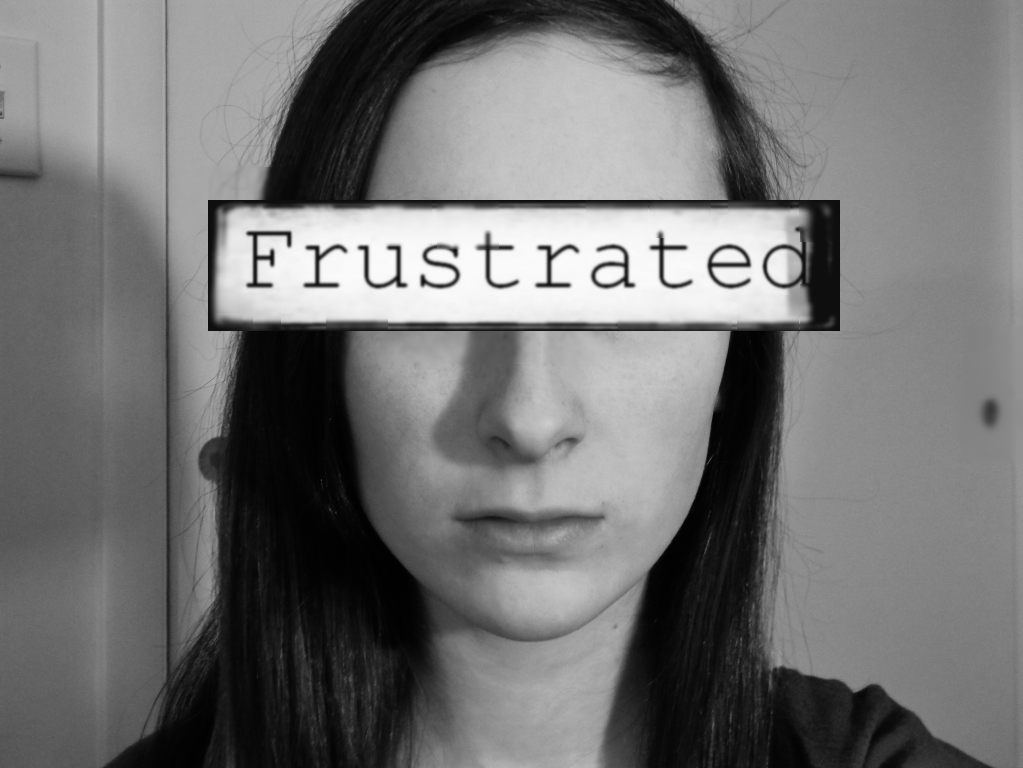Adolescence is a transition stage from childhood to adulthood and always filled up with emotional highs and lows. The Adolescents experience all kinds of changes in their bodies and feelings when soaked in the challenge of finding their rightful place in the world.
While struggling to leave behind their childhood and become adults, they often display some emotional and turbulence behaviors which could be so hard to handle by the family or the guidance. At this very point, parenting is hard-work; but there are things you could do to help your teen navigate smoothly this transition stage.
People spend their childhood learning to be like their parents, and their adolescence learning who they are and how they are different from their parents. – Dr Miriam Kaufman, 2006
This article focuses on emotional problems specifically noted at the adolescence. It is advisable for parents and guidance to note them, and quickly seek the guidance of an experienced psychologist.
Low Self-esteem
Feeling bad about oneself and negatively replying to life situations i.e. adolescents feel more self-conscious. Adolescent with low self-esteem may see themselves as inferior to others or less worthy of success. And this could result from childhood experiences, culture and personality. Teenagers are often affected by appearance and how others think they look.
Read 5 Consequences of Low Self-Esteem
Unpredictable moods
Displaying Emotional ups and downs which involve strong feelings and intense emotions; that can lead to conflict.
Problems in Anger Management
Anger management is the appropriate means of channeling anger, expressing and moving beyond it. Thus, adolescents display aggressive and other dangerous behaviors which escalate from their inability to manage or secure the necessary tools meant for managing anger.
4 Ways to Boost your Self-control and How to control Anger both contain necessary tools to make use of.
Reference:
Some of the issues raised here were gotten from:
- RaisingChildren – The Australian Parenting Website.
- Swerdlow-Freed Psychology


